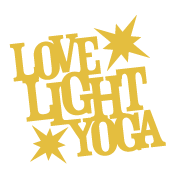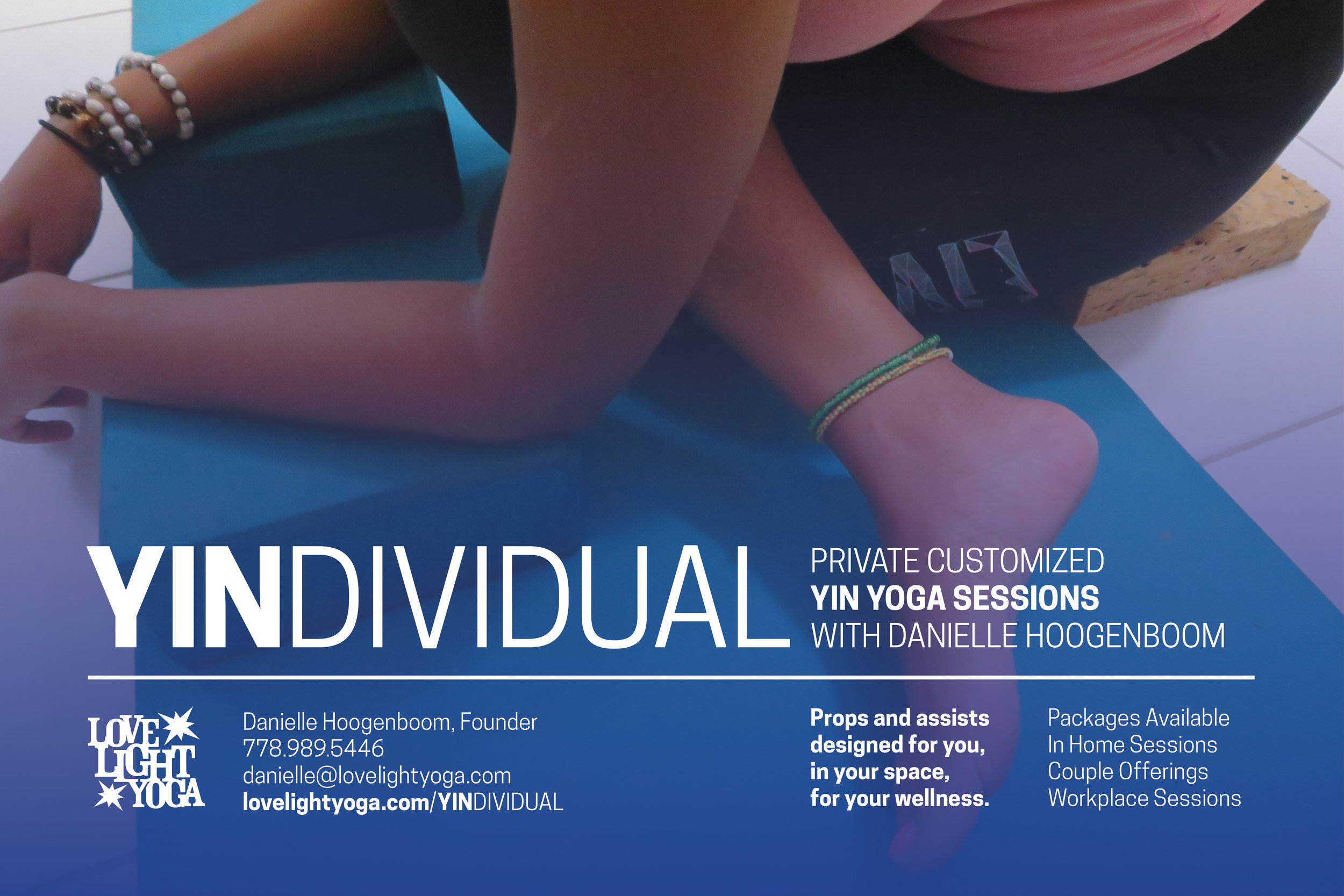Guest Blog: Learning the Language of Our Body
/Welcoming our guest blogger Hannah how just completed our Yin and Social Justice Training in Vancouver. Giving thanks for this great group and looking forward to the Holly Hock Edition in September 2018 with Dia Penning. Register early for a discount and apply for a scholarship.
It was not so long ago that I raised my hand in class and asked why it is that people who have been emotionally hurt or offended can't work through it on their own (in their minds). The class response repeats like a slow-motion video consistently in my mind's eye. Immediately, ten hands shot into the air as I watched their jaws drop, like someone had physically yanked them all towards the floor. This was the moment when my heart and soul truly recognized the privilege in which I bathe. Supported by a community of wonderful people, a tight knit family, intellect, education, ability, and yes, even my society to an extent, I am mostly able to manage with western psychology. This is my privilege. However, in all this, I feel there is a disconnect in my mind, body, and spirit. My culture does not support my intuition, or my authentic, wild, expression. For this, I have found support through my practice of yoga, and through my involvement in the spiritual community in Vancouver.
There are multiple angles in which I thought about writing this blog post. Initially I was drawn to speak solely of intuition. In this search for direction, I realized that perhaps intuition is the basis, and what I wish to explore is the whole-istic framework of mind, body, and spirit. I believe this approach to be the ultimate solution for free expression, for healing, and for connecting with our intuitive, natural, selves.
Over the past year as I've been studying social work at the University of British Columbia, and it feels as though my thoughts have been rewired. In the program, I am constantly reflecting on my social-location, my biases, my prejudice, and my privilege.
Throughout the past year, which was my fourth year of university and my first year of social work, I must have written 80+ journal entries reflecting on class discussions, theories, approaches to practice, case studies, counseling, and even as far as reflecting on my reflections (metareflection)! At the time I thought this to be tedious. In reflection, however, I recognize the huge impact this constant digging through my mind and actions has left on me. As I've mentioned, it really did change the way I see myself and the way I act. It is as if the window I see out of has been dirty and the thoughtful reflections acted as windshield wipers, washing away smears of bias and prejudice to help drive me on the road towards clarity. Most profoundly, I've recognized my privilege.
I speak of this written reflection because this is one piece of the holistic puzzle in which I've begun to understand myself more deeply. As I've learned to unravel strange biases and dissect deep secrets, I am able to create a space within myself for a fundamental feeling of peace and appreciation. In counseling, there is a specific kind of therapy called narrative therapy. Narrative therapy cares mostly about using client-centered approach and on building a client-counselor relationship. This is achieved through story telling. I bring this up because I see narrative therapy as equivalent to yin yoga, diving deep into our stories, packed with intense emotion and attachment. With the release, whether through talking (to a trained counselor) or through breathing and stretching, we learn to discover a comfort within our discomfort, within the stories we have created.
I understand yoga to be a holistic practice on its own, although I am also a believer in yoga as one branch of the holistic tree, complementary approaches in both eastern and western medicine encompassing the rest of the tree. Just as Yoga is one branch, so is the mind in a mind-body-spirit holistic practice. Journaling is the mind piece, the piece that brings an understanding of justice and of privilege.
Body is another piece.
In yin, we hold our bodies in positions for longer periods of time and allow our bodies to stretch deeply, massaging and loosening our fascia and connective tissue. It is in these poses that our bodies are able to process and reflect, in the same way our minds do on paper. In my own practice, holding deep poses like pigeon pose for long periods of time has allowed me to get into my own body and feel what my hips are holding onto. It makes me feel very uncomfortable at times, but in this discomfort I am able to breathe, and I am able to be, so be.
In recognizing my privilege and really honouring all of the support there is around me, there are still times when I am hurt, sad, disconnected, or to put simply, dealing with shit. Sometimes I wonder if my lack of religious and cultural upbringing has me searching for a deeper meaning, and if a lack of cultural practices actually breed a soul with less meaning and/or purpose in life. I question this because I see myself and those around me searching through various cultures from the East, from Africa, India, Indonesia, etc, in search of something, a form of understanding. I am so thankful for the exposure to different cultures, practices, and rituals that have been brought to the west for the lessons they carry with them.
Through an exposure to these various practices and teachings, I have learned how to tap into my own centre, my own heart, and into my own body. Yoga has been the support I've needed for my own self-care and self-healing.
Additionally, yin yoga is empowering. This practice reminds me that if I tune into my breath and ground myself, I am able to find comfort in discomfort through an exploration of my senses and by drawing them inwards. Feeling my own body is so empowering, it gives me control of the way I choose to move, it gives me choice, and in choice there is freedom.
May we all take time to learn the language of our own, unique bodies..
To Hannah, yoga is a practice of deep inward connection and of surrendering with integrity and joy. With a dedicated practice over the past 5 years, Hannah has found yoga to be the tool she has needed to not only release and strengthen physical body tension, but to return to a calm and easeful state of mind in times of stress. Having completed her 250hr Hatha Yoga Teacher Training in February of 2016 at Langara College, she has been sharing her teachings ever since while also now completing her fourth year of Social Work at UBC. Hannah's grounded and warming energy holds space for deep restoration, connection, and playfulness.





